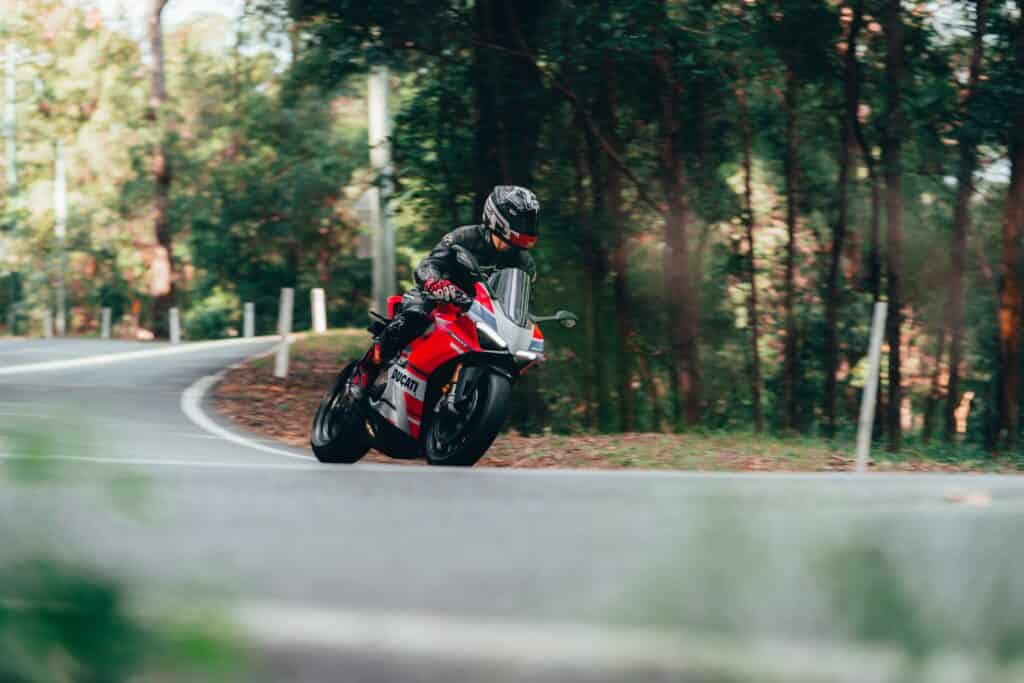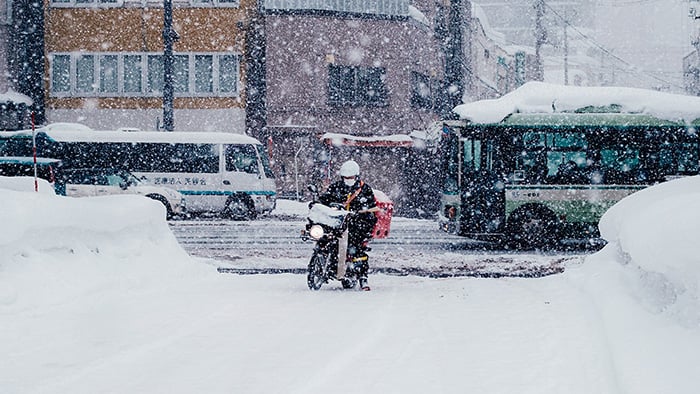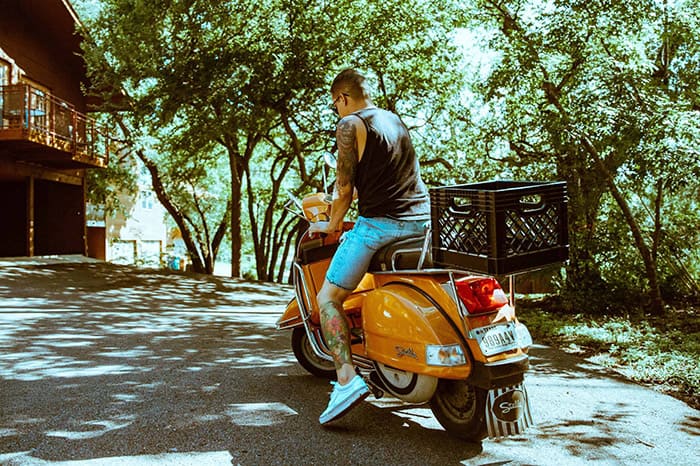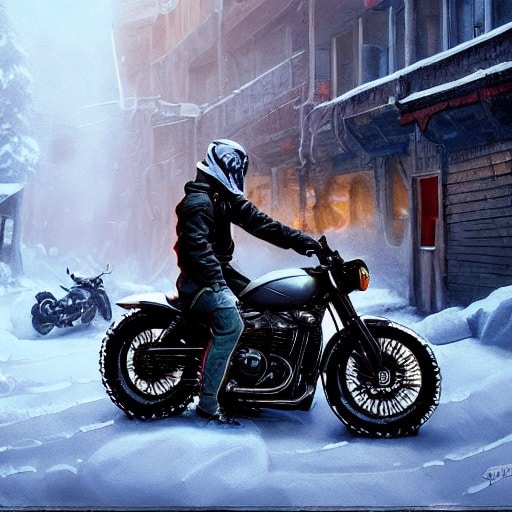Decoding the Language of the Open Road: A Comprehensive Guide

Motorcycle culture is a vibrant and tight-knit community, with its own unique language and terminology. To truly immerse yourself in the world of motorcycles, it’s essential to understand and embrace the slang that motorcycle riders use. In this comprehensive guide, we will explore the history and origins of motorcycle slang, the significance it holds in motorcycle culture, and how to use it in conversations.
The History and Origins of Motorcycle Slang

The roots of motorcycle slang can be traced back to the early days of motorcycle clubs and gangs. As these groups formed and grew, they developed their own language to communicate and distinguish themselves from the rest of society. This language, known as biker lingo, became an integral part of the motorcycle culture.
Biker lingo draws inspiration from various sources, including military jargon, outlaw culture, and the thrill of the open road. Some terms have their origins in the early days of motorcycling, while others have evolved over time. Understanding the history and origins of motorcycle slang gives us a deeper appreciation for the language and its significance within the community.
Common Motorcycle Slang Terms

To navigate the world of motorcycle slang, it’s important to familiarize yourself with some commonly used terms. Here are a few examples:
- Crotch Rocket: This term refers to a high-performance sportbike, known for its speed and agility.
- Saddlebags: These are bags attached to the sides or rear of a motorcycle for carrying luggage or other items.
- Pillion: The seat behind the rider, often used to describe a passenger seat.
- Rat Bike: A motorcycle deliberately designed to have a worn, rugged appearance.
| Slang Term | Meaning |
|---|---|
| Two-Wheeled Thunder | The distinctive sound of a motorcycle engine |
| Twisties | Winding and curvy roads |
| Saddle Time | Time spent riding a motorcycle |
| Cager | A term for a car or non-motorcycle vehicle |
| Squid | Reckless or inexperienced motorcycle rider |
| Chrome Pony | Cruiser-style motorcycle with chrome accents |
| Crotch Rocket | High-performance sportbike |
| Lid | Motorcycle helmet |
| Brain Bucket | Another term for a motorcycle helmet |
| ATGATT | All The Gear, All The Time (safety acronym) |
| Squid Suit | Inadequate or improper riding gear |
| Highside | A type of motorcycle accident |
| Lowside | Another type of motorcycle accident |
| Throttle Jockey | Rider who loves to accelerate |
| Grip It and Rip It | Accelerate quickly and forcefully |
| Carburetor Cowboy | A person who enjoys working on carburetors |
| Wrench Wench | A female motorcycle enthusiast or mechanic |
| Iron Horse | A nickname for a motorcycle |
| Crotch Cooler | Ventilation area in motorcycle seats |
| RUB | Rich Urban Biker (a rider with expensive gear and little experience) |
| One Percenter | Member of an outlaw motorcycle club |
| Church of the Open Road | A belief in the freedom and spirit of motorcycle riding |
| Wind Therapy | The therapeutic feeling of riding in the open air |
| Rat Bike | A motorcycle with a worn or unfinished appearance |
| Garage Queen | A motorcycle kept in pristine condition, rarely ridden |
Biker Lingo and Its Significance

Biker lingo serves multiple purposes within motorcycle culture. Firstly, it acts as a form of communication among riders. When two riders engage in a conversation filled with motorcycle slang, it creates a sense of camaraderie and belonging. It allows riders to connect on a deeper level, sharing their experiences and passion for the open road.
Secondly, biker lingo serves as a way to preserve the traditions and heritage of motorcycle culture. Many of the terms used today have been passed down through generations of riders. By using this language, riders pay homage to those who came before them and keep the spirit of motorcycle culture alive.
Lastly, biker lingo adds an element of excitement and mystique to the motorcycle world. It gives riders a way to express themselves and their love for motorcycles in a unique and memorable way. Whether it’s a simple greeting of “Ride safe, brother!” or a more elaborate phrase like “Live to ride, ride to live,” biker lingo encapsulates the freedom and thrill of the open road.
How to Use Motorcycle Slang in Conversations

Using motorcycle slang in conversations and social media can be a fun and engaging way to connect with fellow riders. Here are a few tips to help you incorporate biker lingo into your interactions:
- Listen and learn: Pay attention to the slang used by other riders and take note of any terms or phrases that interest you.
- Practice in conversations: Start incorporating motorcycle slang into your conversations with fellow riders. Not only will it help you become more comfortable with the language, but it will also create opportunities for meaningful connections.
- Use it responsibly: While using motorcycle slang can be exciting, it’s important to use it responsibly and respectfully. Avoid using slang terms that may be offensive or derogatory to others.
In the world of social media, motorcycle slang can be a powerful tool for building an online presence. Incorporate relevant terms and phrases into your posts and captions, and engage with other riders using the language they understand. This will help you connect with a wider audience and foster a sense of community.
Common Misconceptions

Despite its rich history and cultural significance, motorcycle slang is often misunderstood or misrepresented. Let’s address some common misconceptions:
- Motorcycle slang is exclusive to gangs and outlaw culture: While motorcycle gangs have played a role in the development of motorcycle slang, the language is not exclusive to them. Motorcycle slang is used by riders from all backgrounds and is a way to connect and communicate within the broader motorcycle community.
- Motorcycle slang is vulgar or offensive: While some motorcycle slang terms may have a rough edge, the language as a whole is not inherently vulgar or offensive. Like any language, it’s important to use motorcycle slang responsibly and respectfully.
By dispelling these misconceptions, we can appreciate motorcycle slang for what it truly is—a vibrant and expressive language that brings riders together.
Embracing the Language of the Open Road
As a rider, embracing the language of the open road is an essential part of connecting with the motorcycle community. Motorcycle slang and terminology not only facilitate communication but also embody the spirit of adventure, freedom, and camaraderie that defines motorcycle culture.
By understanding the history and origins of motorcycle slang, familiarizing yourself with common terms, and using the language responsibly, you can fully immerse yourself in the world of motorcycles. Embrace the language of the open road, and let it become a part of your journey as you explore new horizons and forge lifelong connections with fellow riders.
- Winter Riding Pants Motorcycle - February 25, 2024
- Europe Motorcycle Road Trips - December 3, 2023
- Motorcycle Slang and Terminology - November 28, 2023




